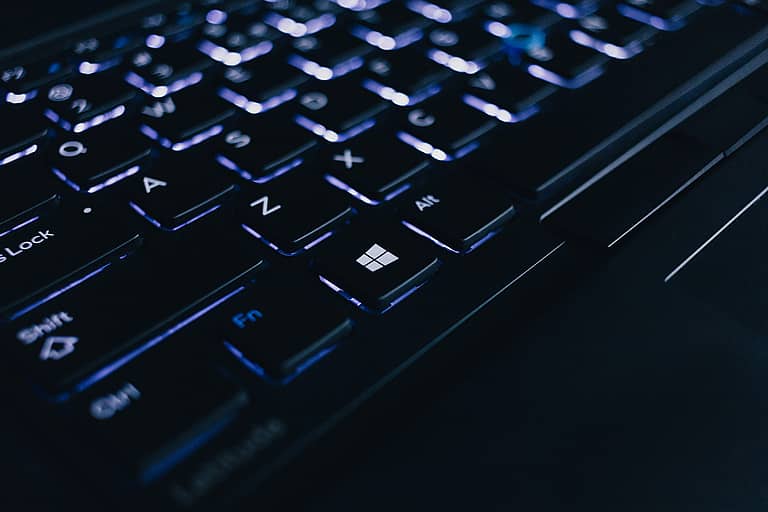It is hard to imagine living without a bank account, particularly in today’s increasingly digital world.
How would you pay for things? How would you be paid? Where would you keep your cash safely? Could you start and develop a successful business selling goods or services to consumers or organisations?
According to the World Bank, 1.7 billion adults are “unbanked”. Many of them are farmers, recyclers, waste pickers and street vendors in developing countries. They are effectively locked out of the global economy and locked into poverty because they are unable to open a bank account and are essentially invisible in the supply chain.
Ashish Gadnis, co-founder of technology startup BanQu, was inspired to find a solution to this after trying to help a Congolese farmer to open a bank account and develop her business. “She provided for her family by working her small plot of land, growing essential global resources out of the ground. She lived with abuse, inequality and unsanitary conditions because she was a woman in poverty. But even in the face of many tragedies, she had hope,” Gadnis reveals. “For years, she’d sold her goods into big brands’ supply chains. but now, standing in front of the banker, she had nothing to show for her hard work. He would not accept her paper receipts from the broker as proof. No one up the supply chain knew her. The banker said that he could not bank her.”
Gadnis walked out with an idea and a vision to help bank billions and lift them out of poverty. He will be sharing the BanQu story at the upcoming SAPICS Conference, including a partnership with Coca-Cola to roll out a payment platform to financially empower informal waste reclaimers and buyback centres in South Africa.
“BanQu is the first ever blockchain-enabled economic identity technology solution that enables a secure and immutable platform for creating economic opportunities for unbanked people around the world, including refugees and those living in extreme poverty. The BanQu platform uses a proprietary, patent pending method to create a mashup of selfie plus other key human characteristics for people with no access to technology or banking,” Gadnis explains.
“Our technology provides a platform where refugees, the displaced, and the world’s poorest can maintain a free, secure online profile that provides them with a universal fiscal ID and allows them to begin tracking their relationships and transactions. Over time, they build a recognisable, vetted identity, which is the base prerequisite to participating in any form of ownership or transactions in the global economy.
“BanQu’s online automated supply chain tracking and payment system uses blockchain technology to track and trace materials across the value chain, providing transparency for both buyers and sellers in any supply chain. Global brands source raw materials and finished goods every day from hundreds of millions of people living in extreme poverty. Coffee, cacao, cobalt, jeans and shoes are made by people who lack a transaction identity and a history of their work in a global supply chain. BanQu’s mission is to end extreme poverty entirely by giving originators a record of their work history.
“If an originator like the Congo farmer, or a recycler on the streets of Johannesburg was bankable, they’d be able to move out of extreme poverty. With credentials or a credit history — like BanQu’s digital ledger — they’d become an equal part of their supply chain. They would become visible in the global economy. They would be seen,” Gadnis stresses, noting that they don’t require expensive smart phones as the BanQu system sends an SMS when a payment is processed.
BanQu has launched in more than 40 countries.
“We are delighted to have Ashish and the inspiring BanQu story on the programme at the 2021 SAPICS Conference, Africa’s leading event for supply chain professionals,” comments SAPICS chief operating officer Jenny Froome.

